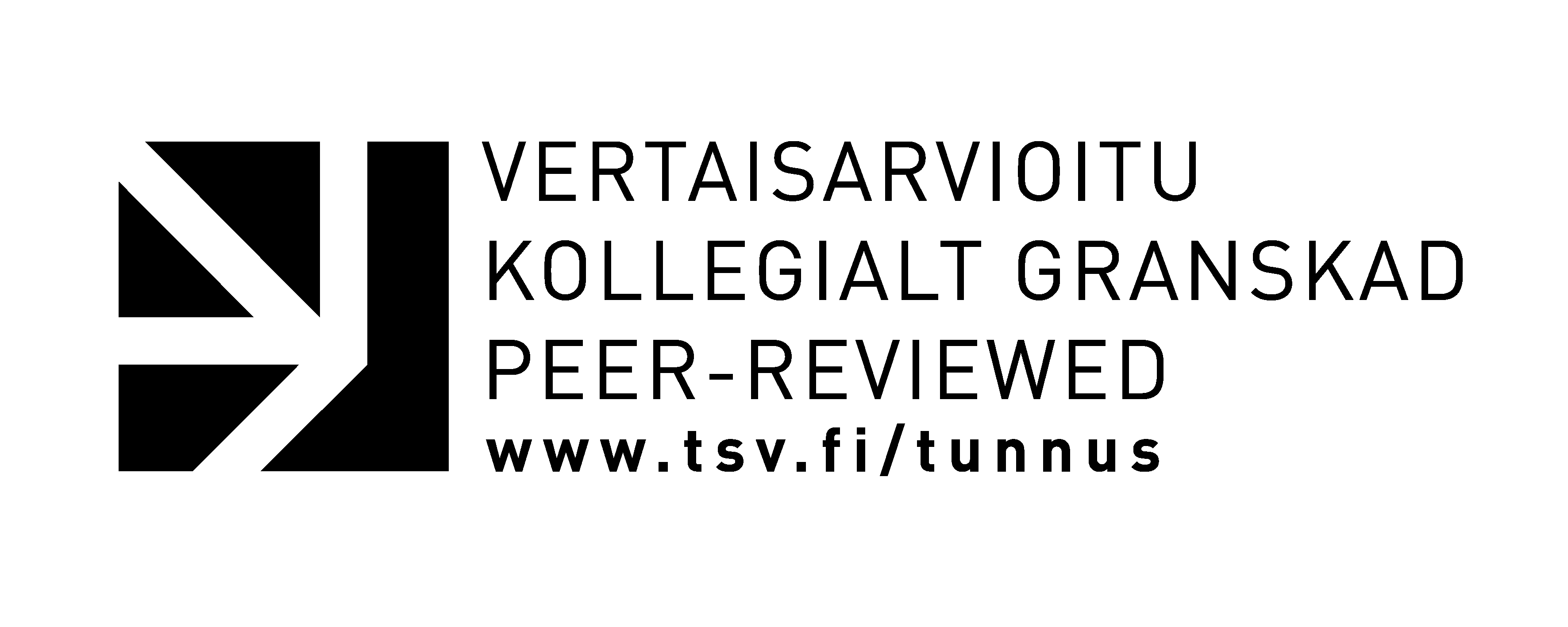Limits of localism: Institutional perspectives on communicativeness, neoliberalization and sustainability in Finnish spatial planning
Abstract
In the study, the transforming relationship of public steering and market actors in planning is approached from two perspectives. The first relates to applying interaction-focused planning theories of Anglo-American origin in Finland. The second perspective relates to how local planning powers are changed in relation to the central government.
The first part of the thesis analyzes how Communicative Planning Theory fits Finland and its strong public planning tradition and Nordic legal culture. Regarding justification of planning, Communicative Planning Theory emphasizes interaction in the local context and gives less attention to the expertise of the planner and to institutional trust. The key idea is to empower local communities to counteract the excessive use of economic power in the local setting. However, as suggested in the thesis, this argument is potentially problematic: even though the application of Communicative Planning Theory aims at the inclusion of a wide range of interests within individual planning cases, in certain contexts applying the theory leads to contrary consequences. Due to the possibility of narrow focus in local circumstances, collective perspectives related to broad environmental concerns, for instance, may be left without attention. Likewise, the concept of public interest has increasingly taken on individualist and narrow connotations. Hence, it is argued in the thesis that applying Communicative Planning Theory in a context-insensitive manner in the Finnish legal and administrative culture may have led to increasingly market-oriented planning. A narrow focus in local circumstances and local interests is not without problems if it weakens the status of the public planner in relation to particular economic interests.
The second part of the thesis focuses on the contemporary reforms of planning in Finland. Here, the thesis operates with concepts such as neoliberal state transformation and state rescaling, and suggests that increasing local discretionary powers would cause a risk of the public planning tradition increasingly turning towards a market-reactive and short-sighted direction. Municipal and city-regional competitiveness may start to dominate the discussion about the principles of good planning. Thus, bringing a broad selection of societally relevant concerns to the localist planning agenda may become harder than before. Neoliberalization of planning manifests as short-sighted market-reactivity in rushed local planning practices.
The thesis concludes with suggestions regarding how to make Finnish planning more future-oriented and sustainable. These suggestions build on an assumption according to which the ability of the planning apparatus to respond to challenges such as those set by climate change requires high performance and legitimacy of the public planning institution. First, promoting communicative perspectives in planning ought not to be considered as an alternative to a strong public planning institution. Hence, legitimacy of planning should not be sought solely from bottom-up communicativeness sources and inter-personal trust; traditional institutions of representative democracy and institutional trust should be taken into consideration, too. Second, resorting to Communicative Planning Theory while deconstructing the discretionary powers of the central government is highly problematic. Hence, increasing municipal discretionary powers (to the extent that has already taken place), necessitates better expert resources and resources in land use policies, regardless of the size of the municipality. The central government should be allowed to maintain its guiding and supportive role in relation to the planning practitioners working in the municipalities. Also, more sustainable and long-sighted planning requires more binding planning legislation.







